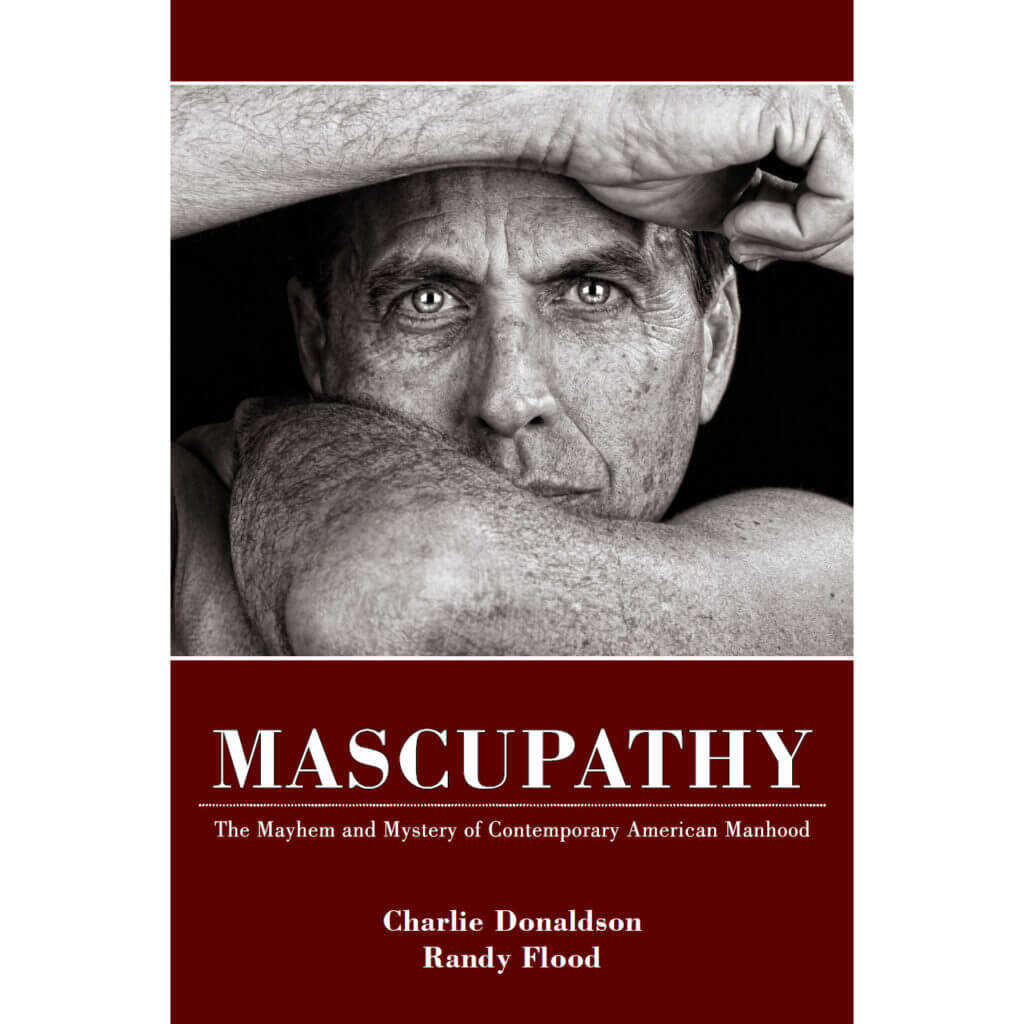
A new book, Mascupathy: Understanding and Healing the Malaise of American Manhood, offers a fresh analysis and needed hope during a time when we are constantly reminded that masculinity can turn horrifically violent.
Prior to killing six people and wounding seven others, Elliot Rodger posted his rage-filled hate speech against women on line and stated that he was going to “punish you all for it.” The authors of Mascupathy address this most egregious kind of violence in their very first chapter, noting that all but one of the mass shooters in the past 31 years have been male. Last week, we added one more in that tragic legacy.
Mascupathy addresses the pathology of masculinity without pathologizing men. Instead of asking what is wrong with individual men, it asks what has happened to men that they as a group are so much more prone to violence than women.
The mass shooters are clearly viewed as being culpable for committing deplorable acts however the explanation for this outlandish behavior is not that these men are more inherently bad than other men. Although most men won’t shoot or commit egregious acts of violence, many suffer dwarfed emotional intelligence and a diminished capacity for intimacy due to mascupathy (toxic male socialization). The shooters’ response, however, is much more extreme. It’s more extreme because some men are more vulnerable to the fear, shame, and loneliness of mascupathy than others.
Readers may be surprised how hope-filled this book is. Hope for healing and change revolves around the notion of men moving away from isolation (which fuels the problems of mascupathy) and into connection and support.
“We have found that once men stop depriving themselves of human connection and instead form authentic relationships with other people, their conventional presenting problems often disappear.” (Page 24, Mascupathy, IPTM 2014)

Leave A Comment